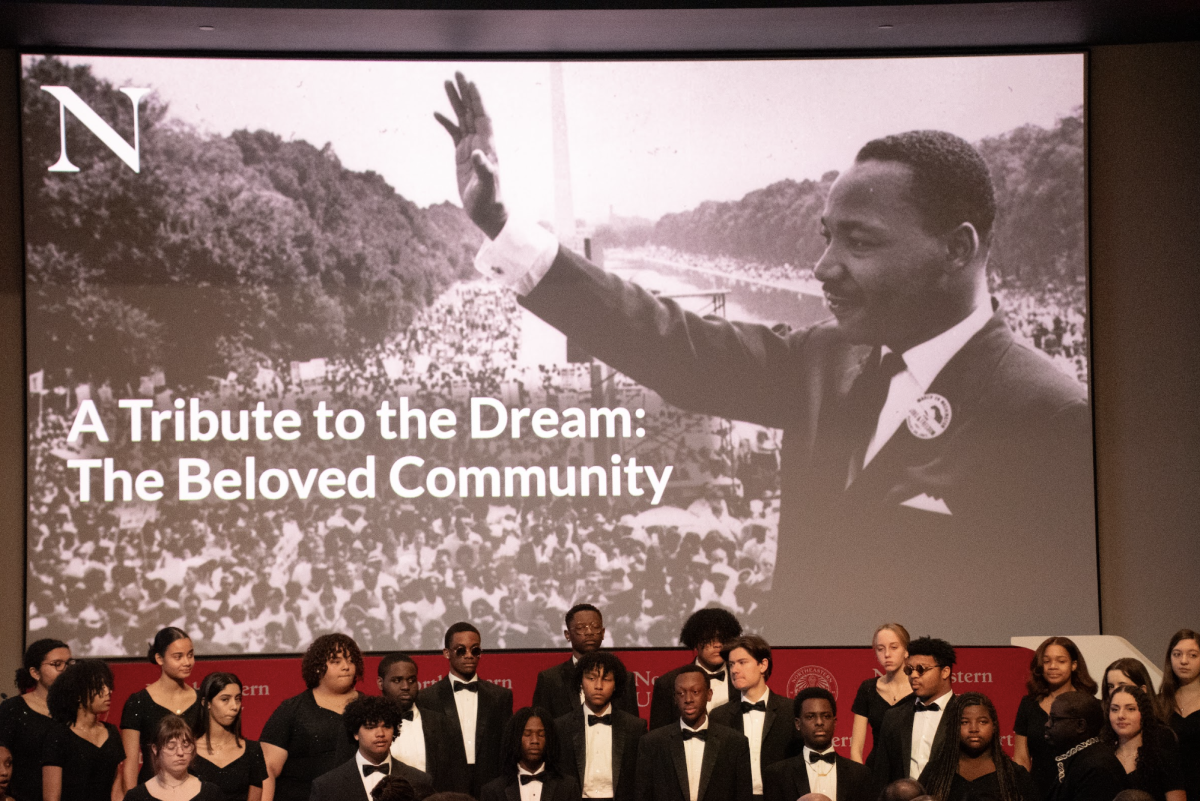By Jen Nelson
The students have spoken, and according to City Councilor Michael Ross, he’s the only one listening.
“[Northeastern’s campus] is not a very friendly environment for students,” Ross said. “Students have no interest in being on campus.”
Some of Ross’ suggestions include an on-campus bar, a limit of Husky dollars to on-campus vendors and a shift in Northeastern police policy to entice students to stay on campus.
Northeastern administrators, however, feel differently about Ross’ statements.
“Our experience is that students enjoy living in the residence halls and have a good experience there,” said M.L. Langlie, director of Residential Life. “Our student demand for housing exceeds our supply. What that says to me is that students like living in on-campus housing.”
Since 1999, over 3,000 beds have been added in new residence halls on campus, Langlie said.
Langlie also said the recent addition of the middler housing guarantee is also proof that students want to live on campus.
“We have a freshman and sophomore and now a middler guarantee, and that is in response to student demand,” Langlie said.
Although on campus housing is becoming more readily available to more Northeastern undergraduates, some students don’t like the idea of being confined to campus.
“We’re in Boston, in the middle of this huge city, no one wants to sit on campus,” said Diana Angi, a junior athletic training major.
Ross said, however, the focus should be on quality of on-campus housing along with the quantity.
“The single most important thing that [Northeastern’s administration] could do would be to create a more livable area on campus,” Ross said.
Resident Assistants and NUPD come down too hard on students, Ross said, causing them to leave campus and then act out once they begin living in off-campus neighborhoods.
Student leaders strongly oppose Ross’ assertion that NU students should be more restricted to campus.
“It’s unreasonable, it’s irrational and it’s purely a response to a political ploy,” said Student Government Association President Michael Romano. “Anyone who understands the dimension of an urban campus and understands the character that comes with independent, self-sufficient co-op students would not make such a ridiculous recommendation.”
While students acknowledge that RAs and NUPD often do strictly enforce on-campus policies, they it does not go too far.
“I don’t think [NUPD and ResLife] are too hard [on students]. I read that our police officers get more people in trouble than any other college in the nation, but that wasn’t a huge reason I went off-campus,” said Stephanie Bowker, a middler civil engineering major.
Although RAs often strictly enforce drug and alcohol policies in residence halls, Langlie said students were adequately warned about Northeastern’s policies.
“We have mandatory meetings during orientation, we tell students and we go over alcohol and drug policies,” Langlie said. “Students know if they make choices to violate [alcohol and drug rules] that we will enforce them. If we didn’t enforce policies, the environment in the residence halls would deteriorate horribly.”
Ross said NUPD needs to focus more on off-campus patrolling, taking some of the police focus off NU residence halls.
“Northeastern needs to devise off-campus police investigating,” Ross said.
This would create a more even balance between on-campus and off-campus policing, Ross said.
Since Northeastern cannot accommodate all of its undergraduate population on campus, some students will have to live off-campus during their time at NU. For those who do have to live off-campus, Ross suggests registration so that Northeastern administration can know exactly where each student is living, on or off campus.
“[Northeastern] needs to register every student living off campus to know exactly where they live,” Ross said. “It’s tracking that needs to take place. I’d like to see Northeastern do that.”
Ross said the Wentworth Institute of Technology and the University of Pennsylvania, among others, have begun similar registration processes. He said, however, that the size of Northeastern and its location in an urban environment would make such a registration process “a little trickier for Northeastern.”
Despite Ross’ call for more students to live on campus, student leaders still said that Northeastern students make the surrounding community a better place.
“Northeastern students are essential pieces to the health and the heartbeat of the surrounding community and segregating all those students in one centralized, small slice of Northeastern property is the easy way out in dealing with the larger, bigger picture of the community issue,” Romano said.








